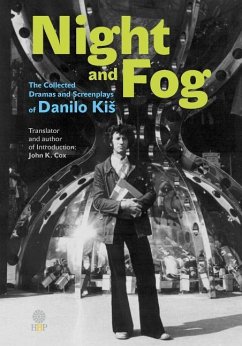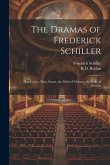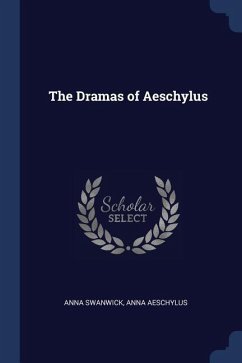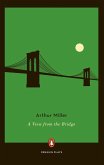This volume of translations represents the entire dramatic and cinematic ouevre of the Yugoslav writer Danilo Kis (1935, Subotica, Yugoslavia - 1989, Paris). Coming from a multicultural background, Kis was a living antipode to the emerging nationalisms of the late 20th century. The seven dramas and screenplays are accompanied by a historical introduction by the translator. Written in mid-career, the themes of these seven works vary widely. Two address classical themes, one is a dramatization Kis's own A Tomb for Boris Davidovich, and the others, explore the Holocaust and first decades of socialism in Tito's Yugoslavia and Hungary. What they have in common is Kis's ear for precise language, narrative experimentation, and his eye for the personal devastation of individuals in communist and fascist systems. Many consider A Wooden Trunk for Thomas Wolfe to be his finest play; it is the chronicle of the intense relationship of two men, one broken by Hitler's death camps and the other by Stalinism, as they wrestle with their own infirmities and need for remembrance. Night and Fog originates in the same milieu - the multicultural region between Belgrade and Szeged - as Kis's other autobiographical writings; a young narrator tracks his childhood teachers and their sparring over contested memories transitions slowly from nostalgia to bitter awareness. The Mechanical Lions is a must for anyone familiar with Kis's take on the Soviet purges of the 1930s; it is written with vintage Kis wryness, spareness, and emotional force. It bounces around through time and place to tell the story of the Soviet purges in the 1930s, and honor and historical truth join Old Bolsheviks and international activists on the NKVD's hit list.








